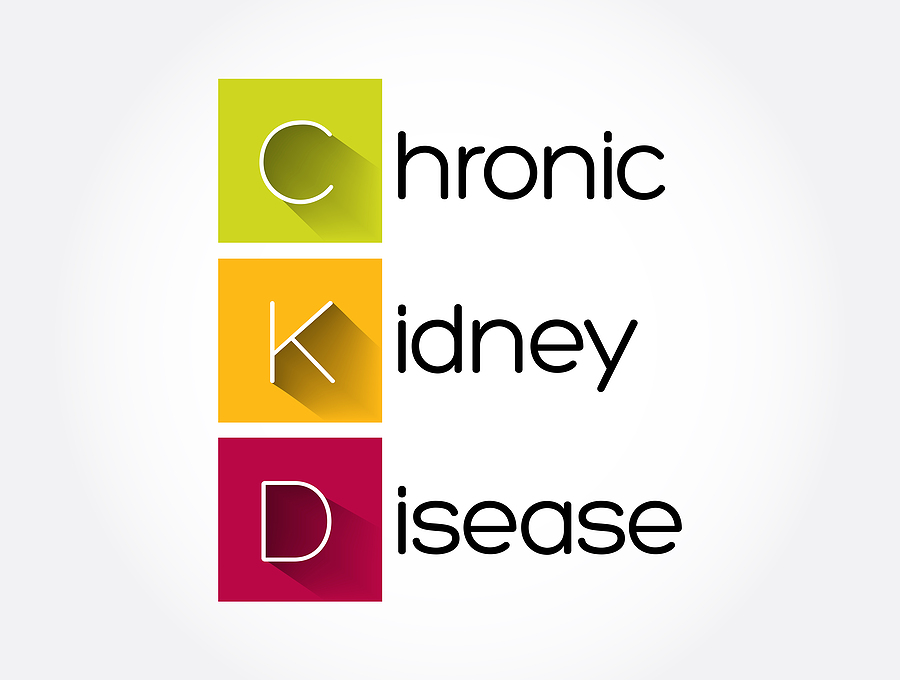Diabetes has long been disqualifying under 14 CFR Part 67. In the past several years, the FAA has developed protocols to medically certify pilots with the condition, but they come with enough administrative overhead to be avoided if at all possible. Relatively few pilots – less than 1000 to date – have met the necessary criteria AND satisfied the FAA’s documentation requirements to hold a medical certificate with diabetes [1].
But, what about the less ominous sounding condition, pre-diabetes? As the name implies, pre-diabetes is closely related to its full-fledged namesake. It still involves chronically elevated blood sugar and shares many of the same risk factors. It still means many of the same conversations with your doctor about diet, exercise, and lifestyle measures that can stop its progression. In fact, the difference between type 2 diabetes and pre-diabetes may be distinguishable by only a single digit on the laboratory tests used to diagnose them.
From a medical perspective, if you have been recently diagnosed with either condition, take note. About 25% of people with pre-diabetes will progress to frank diabetes within three to five years [2]. Both conditions are associated with an increased risk of cardiovascular disease and other health conditions with serious consequences. They are just different points on the same continuum.
From a certification perspective, pre-diabetes and diabetes are worlds apart. Pilots with diabetes require an extensive medical evaluation and a months-long FAA review period before the possibility of a medical certificate. Those with pre-diabetes can be issued a certificate by their AME on the same day of their exam provided they meet certain criteria.
Pre-diabetes, along with a list of other synonymous and related conditions, is one of the FAA’s growing list of Conditions AMEs Can Issue (CACI). If you have pre-diabetes, metabolic syndrome, impaired fasting glucose, insulin resistance, glucose elevation, glucose intolerance or polycystic ovary syndrome your AME can still issue any class of medical certificate as long as you meet the following criteria [3]:
- Your medication (excluding insulin) is used for prediabetes
- Your treating physician has determined your condition is stable and none of the following are present:
- Symptoms or complications associated with diabetes
- Side effects from the medication; and/or
- Hypoglycemic events which required intervention in the past 12
months
- An A1C measurement conducted within 90 days of your exam was less than 6.5% with no history ever of an A1C of 6.5% or greater
- You take only one medication listed below with a mandatory 2 week observatin period
- metformin
- liraglutide
- semaglutide
That list may sound daunting, but the CACI criteria used for pre-diabetes are actually among the most straightforward in use. Essentially, your AME just needs to establish that your condition is stable, you are not in the process of changing your medications, and that the most common laboratory test used to measure blood sugar show that you do not have full-blown diabetes, nor have ever been diagnosed with diabetes by lab history.
Even though this CACI is relatively simple, do not take your certification for granted. Not all AMEs are familiar with the CACI process and some do not feel comfortable with it. Try to find some reviews before you schedule an appointment with a new AME. Even if you are using a familiar one, it is always a good idea to discuss unusual aspects of your medical history with your AME before your exam.
Many offer consultations separately from certification appointments. Others may be willing to talk with you via phone or have staff members who can answer basic questions about certain conditions. If you think your case needs more in-depth discussion, you can always contact us to get pointed in the right direction.
Regardless, your AME’s office on the day of your appointment is not the place or time to find out if you qualify for a medical certificate. If you have pre-diabetes or any other medical condition, plan for your certification exam like you would plan for a flight.
References:
[1] “Federal Register :: Special-Issuance Medical Certification: Diabetes Protocol for Applicants Seeking To Exercise Airline Transport, Commercial, or Private Pilot Privileges.” https://www.federalregister.gov/documents/2019/11/07/2019-24150/special-issuance-medical-certification-diabetes-protocol-for-applicants-seeking-to-exercise-airline (accessed Feb. 27, 2022).
[2] D. M. Nathan et al., “Impaired fasting glucose and impaired glucose tolerance: implications for care,” Diabetes Care, vol. 30, no. 3, pp. 753–759, Mar. 2007, doi: 10.2337/dc07-9920.
[3] “Guide for Aviation Medical Examiners -Prediabetes.” https://www.faa.gov/about/office_org/headquarters_offices/avs/offices/aam/ame/guide/app_process/exam_tech/item48/amd/diabetes/ (accessed Sep. 15, 2024).





